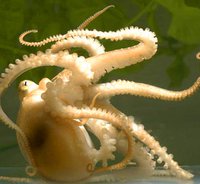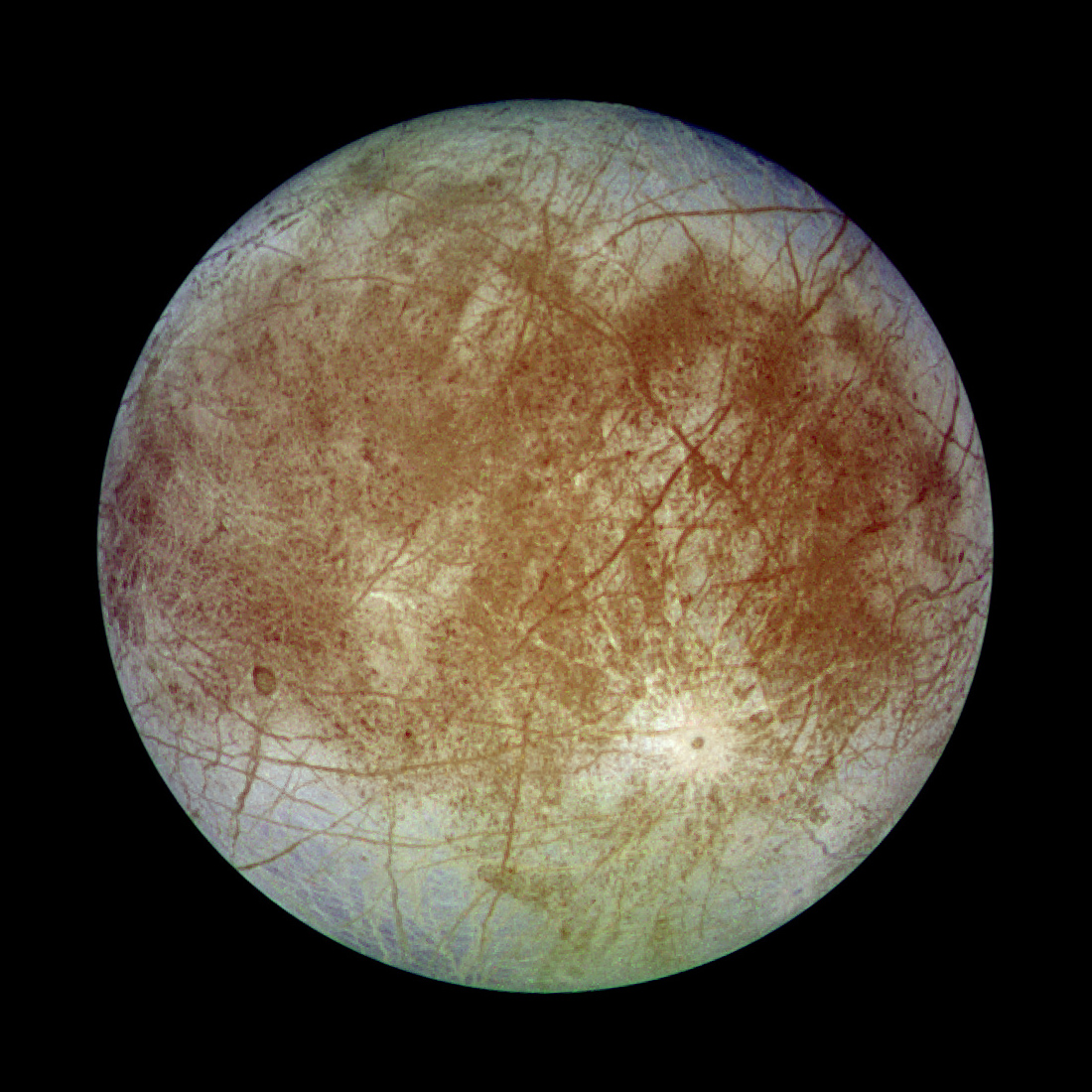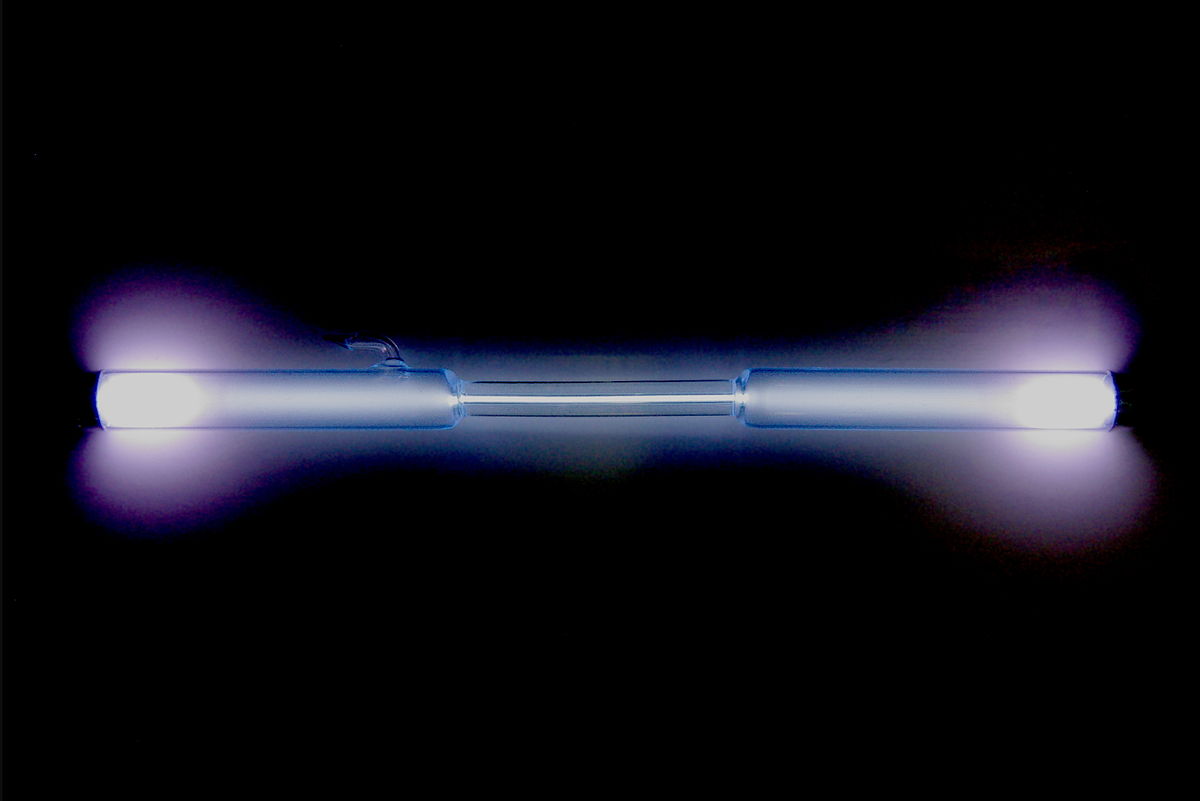
Cephalopods have a highly derived body plan and a suite of innovations with no obvious correlates in other animals. More striking in many ways than the disparities in the adult body plan is early development in cephalopods, which lacks any trace of the spiral cleavage program characteristic of non-cephalopod molluscs and other spiralians. Instead, cephalopod embryos undergo bilateral, meroblastic cleavage on top of a large yolk, morphologically resembling early embryogenesis in fish and constituting yet another example of convergence between these two distantly related groups. To shed light on the gene networks important in this highly derived developmental program, we sequenced and analyzed transcriptomes from five stages spanning embryogenesis in the California two-spot octopus, Octopus bimaculoides. Genome analysis has shown that the core developmental gene repertoire of the octopus is broadly similar to that found in typical invertebrate bilaterians (Albertin et al. 2015). We detect transcripts for these developmental transcription factors and signaling ligands primarily during the middle stages that coincide with the emergence of the body plan, but not before. Bioinformatics-based differential expression analysis identified suites of genes that show dynamic changes, including stage-specific expression profiles. Notably, many of the deferentially expressed genes in the early transcriptomes are not found in the genomes of other sequenced animals. These results indicate that the fish-like early stages of cephalopod development deploy cephalopod-specific genes, and suggest a major role for taxonomically restricted genes in the evolution of cephalopod developmental mechanisms.
 Getting Under Europa’s Skin
Getting Under Europa’s Skin Tracing Formation and Evolution of Outer Solar System Bodies Through Stable Isotopes and Noble Gas Abundances
Tracing Formation and Evolution of Outer Solar System Bodies Through Stable Isotopes and Noble Gas Abundances Photosynthesis, a Planetary Revolution
Photosynthesis, a Planetary Revolution Xenon: King of the Gases
Xenon: King of the Gases